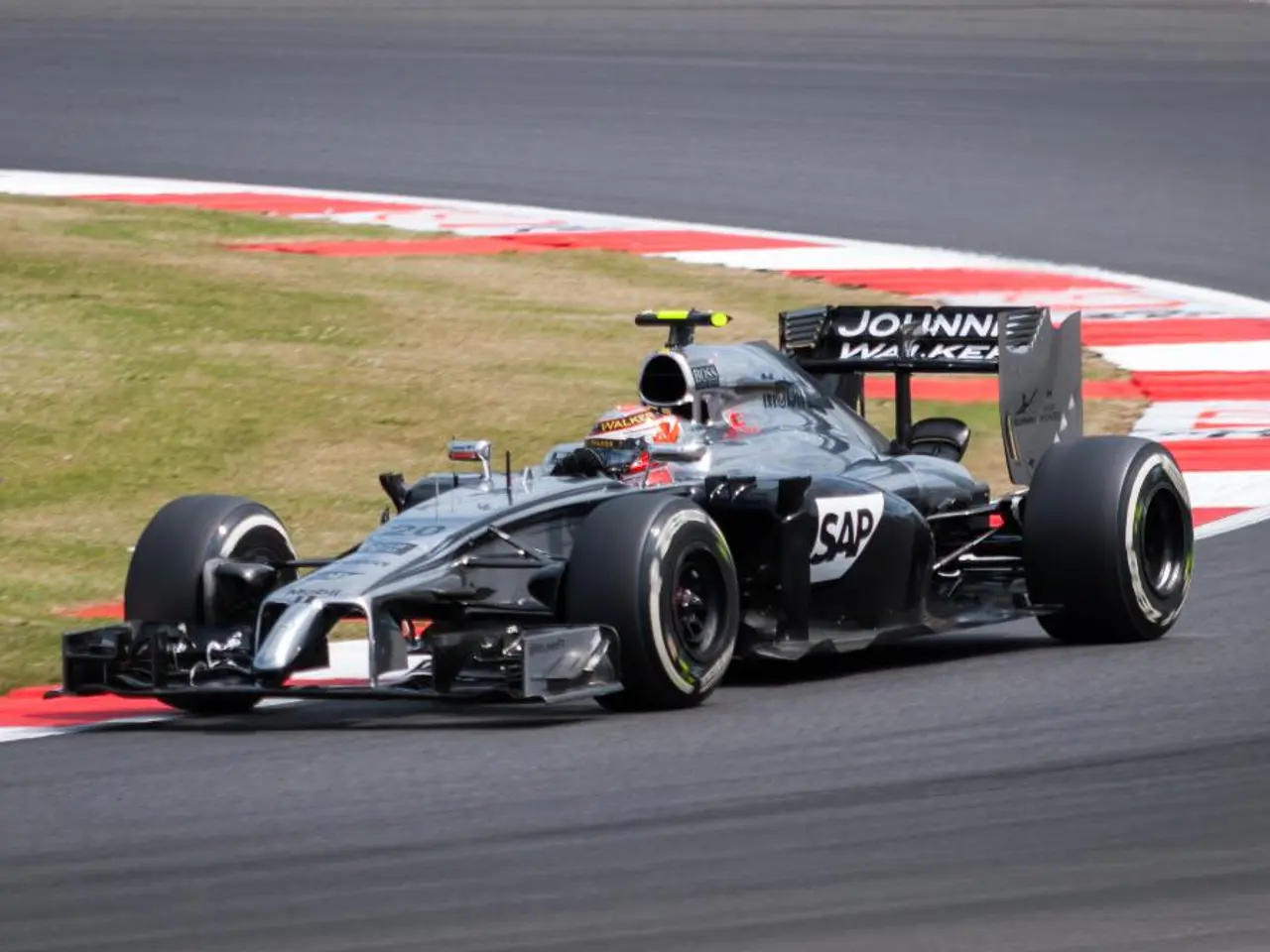Industries Unite for Broadening Energy Solutions in Suzuka's Initial Event
Toyota's Super Taikyu Efforts Expand as Hydrogen and Biofuel Technologies Take Centre Stage
In a significant move towards a decarbonized society, Toyota is entering its third season in the Super Taikyu Series ST-Q class with an expanded roster of 39 companies, a marked increase from the initial eight back in 2021. This growth underscores the growing importance of efforts that span the entire energy supply chain, including production, transportation, and use.
At a recent press conference held at Suzuka Circuit, Toyota's new president Koji Sato outlined his reasons for continuing the challenge. Sato emphasized the importance of purposeful passion and action to achieve carbon neutrality, and highlighted the platform that Super Taikyu provides for wide-ranging efforts aimed at advancing automotive technologies towards mass production.
One of the key developments in Toyota's Super Taikyu efforts is the switch from gaseous to liquid hydrogen this season. This move offers higher energy density, and Toyota's hydrogen-powered Corolla emits no carbon dioxide during combustion, releasing only water. The Corolla completed approximately 2,135 km (468 laps) in the 2025 ENEOS Super Taikyu Series Fuji 24-hour race, achieving a 30% improvement in distance over previous years despite weather and speed restrictions.
In addition to its hydrogen efforts, Toyota is also pursuing new options for carbon-neutral fuels. For instance, Mazda's Spirit Racing Mazda3 Bio concept will race on a bio-based diesel fuel produced from microalgae fats and used cooking oil. The GR86 Future FR Concept, which Toyota entered in the Super Taikyu Round 5 race at Autopolis in July 2025, was powered by E20 low-carbon gasoline (about 20% bioethanol blend).
Furthermore, Toyota is actively developing hydrogen internal combustion engines, as demonstrated by their hydrogen-powered GR Yaris Rally2 H2 Concept debuting at the 2025 Rally Finland. This builds on their hydrogen racing technology momentum, which traces back to Toyota's hydrogen-fueled cars competing in Super Taikyu since 2021.
The competition in Super Taikyu is not just about ranking. The #28 Toyota GR86 and #61 Subaru BRZ, which engaged in a close rivalry last season, both use synthetic fuels made from hydrogen and CO2. Sato did not mention any specific new companies joining the partnership or any new developments in the use of hydrogen, synthetic fuels, or biodiesel, but he did stress that the enemy for Toyota is carbon, not the internal combustion engine.
Automotive component makers are also using the race to develop parts that contribute to sustainability and carbon neutrality. These efforts illustrate Toyota's commitment to hydrogen and biofuel technologies in motorsport as platforms for advancing carbon-neutral vehicle technologies towards practical use. Toyota will continue working closely with partners who share their passion and purpose to demonstrate the importance of creating a future with diverse options for reaching carbon neutrality.
Additional context: The Toyota Mobility Foundation and partners are also supporting hydrogen infrastructure projects in Finland, underpinning Toyota’s broader hydrogen ecosystem efforts.




